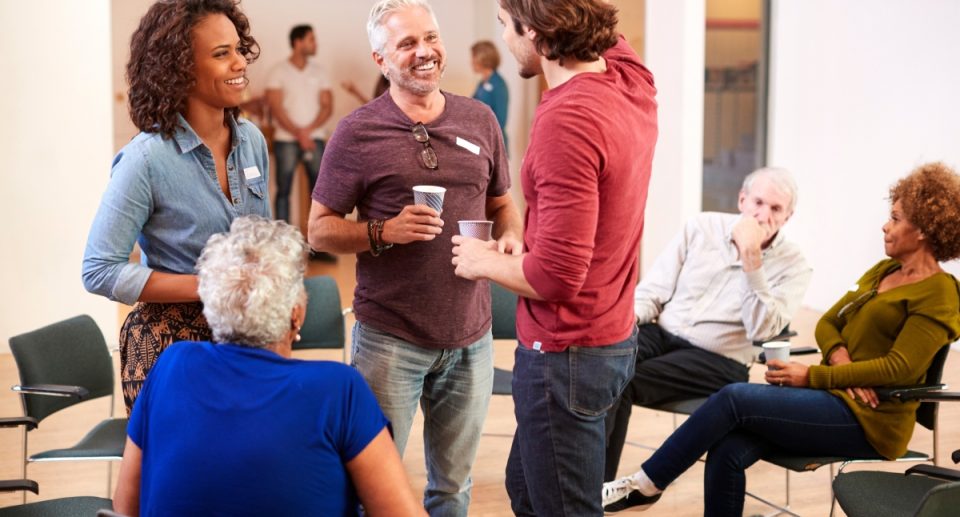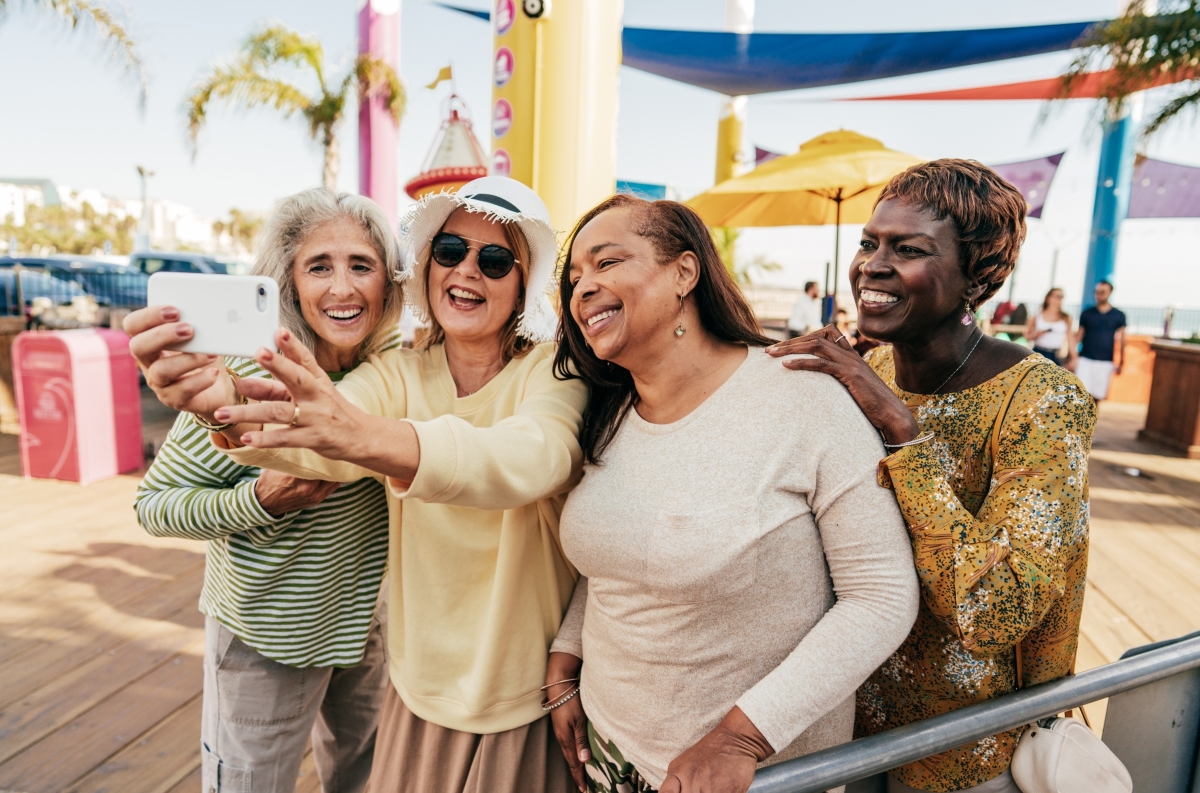The Benefits of Intergenerational Friendships

As we navigate life, friendships become vital to our social fabric. While many of us tend to form friendships primarily within our age groups, intergenerational friendships—connections between individuals of different ages—can be incredibly enriching. For seniors, developing relationships with younger generations can bring many benefits that enhance well-being and social engagement. This blog post explores the numerous advantages of intergenerational friendships and offers practical tips for fostering these valuable connections.
Understanding Intergenerational Friendships

Intergenerational friendships are bonds that bridge the gap between different age groups. These friendships can form between seniors and younger adults, teenagers, or even children. They may arise through family connections, community programs, volunteering opportunities, or shared interests. Such friendships challenge stereotypes about age and can foster mutual respect and understanding across generations.
Benefits of Intergenerational Friendships
- Enhanced Emotional Well-Being
Intergenerational friendships can have a profound impact on emotional health. For seniors, connecting with younger individuals can provide:
- A Sense of Purpose: Engaging with younger friends can instill a sense of purpose and relevance, helping seniors feel valued and appreciated for their life experiences and wisdom.
- Increased Happiness: Sharing experiences and building new memories can lead to feelings of joy and fulfillment, combating loneliness and isolation often felt in later life.
- Emotional Support: Friendships offer emotional support, helping individuals navigate challenges and stresses, whether they stem from health issues, loss, or changes in life circumstances.
- Mental Stimulation
Interacting with individuals from different generations can provide valuable mental stimulation. Here’s how:
- Learning New Perspectives: Younger generations often have different viewpoints shaped by their experiences and cultural contexts. Engaging in conversations can expand your worldview and foster open-mindedness.
- Sharing Knowledge: Seniors possess a wealth of knowledge and life experience that can be invaluable to younger friends, who may seek guidance on various topics, from career choices to personal relationships.
- Staying Mentally Active: Engaging in discussions, problem-solving, or participating in activities together can help keep the mind sharp, promoting cognitive health and potentially reducing the risk of cognitive decline.
- Skill Development
Friendships across generations can lead to the development of new skills. For seniors, this could mean:
- Embracing Technology: Younger friends can help seniors become more comfortable with technology, from smartphones to social media, enhancing their ability to connect with others and access information.
- Exploring New Hobbies: Engaging in activities favored by younger generations, such as sports, arts, or technology projects, can lead to acquiring new skills and hobbies.
- Breaking Down Stereotypes
Intergenerational friendships challenge societal stereotypes about age. These friendships:
- Promote Understanding: By getting to know individuals from different generations, seniors can dispel myths about younger people and vice versa. This understanding fosters empathy and respect between age groups.
- Foster Inclusivity: When individuals of all ages engage with each other, it cultivates a more inclusive environment, breaking down barriers and encouraging collaboration.
- Increased Social Engagement
Friendships with younger individuals can encourage seniors to remain socially active:
- Encouragement to Participate: Younger friends may inspire seniors to join in activities, events, or social gatherings they might have otherwise avoided. This increased social engagement can combat feelings of isolation and loneliness.
- Building Community Connections: Intergenerational friendships often extend to broader community networks, helping seniors connect with local organizations, clubs, or events that promote intergenerational interaction.
How to Foster Intergenerational Friendships

Creating and nurturing intergenerational friendships can be a rewarding endeavor. Here are some practical tips to help you cultivate these valuable connections:
1. Volunteer Together
Consider volunteering for community organizations that encourage intergenerational engagement. Many nonprofits seek volunteers for programs to connect seniors and youth, such as mentoring, tutoring, or community service projects.
2. Participate in Community Events
Local community centers, libraries, and organizations often host events designed to bring different age groups together. Attend workshops, classes, or social events to meet people of various ages and interests.
3. Join Clubs or Classes
Look for clubs or classes that appeal to multiple generations, such as art classes, book clubs, or fitness programs. These shared interests can serve as a foundation for building friendships.
4. Leverage Technology
Use social media platforms or community apps to connect with people from different age groups. Engage in online discussions or interest groups that align with your hobbies and passions, fostering connections with others.
5. Encourage Family Connections
If you have family members of different generations, encourage friendships between them. Organize family gatherings that include activities for all ages, allowing younger and older family members to bond and share experiences.
6. Be Open and Approachable
Cultivate an attitude of openness and curiosity when meeting people of different ages. Ask questions, share stories, and express genuine interest in their lives and experiences. This approach can help break down barriers and foster deeper connections.
7. Offer Mentorship
If you have expertise or life experiences to share, consider offering mentorship to younger individuals. This can provide them with guidance while fostering a meaningful relationship.
Conclusion

Intergenerational friendships are a valuable resource that can enrich the lives of seniors while promoting understanding and connection between generations. By embracing these friendships, seniors can enhance their emotional well-being, develop new skills, and foster a sense of community. The mutual benefits of these relationships extend beyond individuals, creating a more inclusive and understanding society.
As you explore the world of intergenerational friendships, remember that every connection has the potential to inspire, teach, and uplift. Open your heart and mind to the possibilities of friendships across generations, and you may discover that the joy of companionship knows no age.





